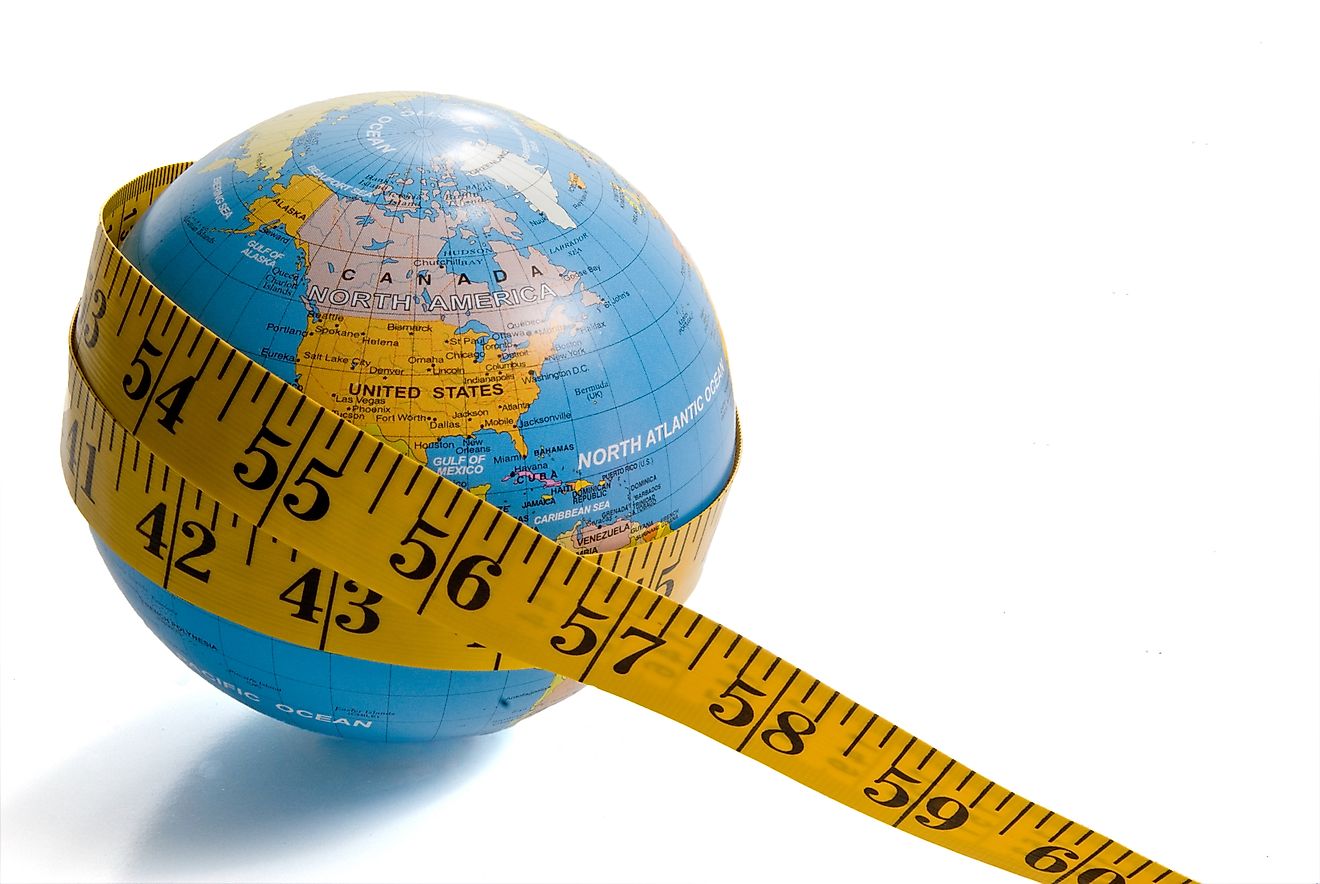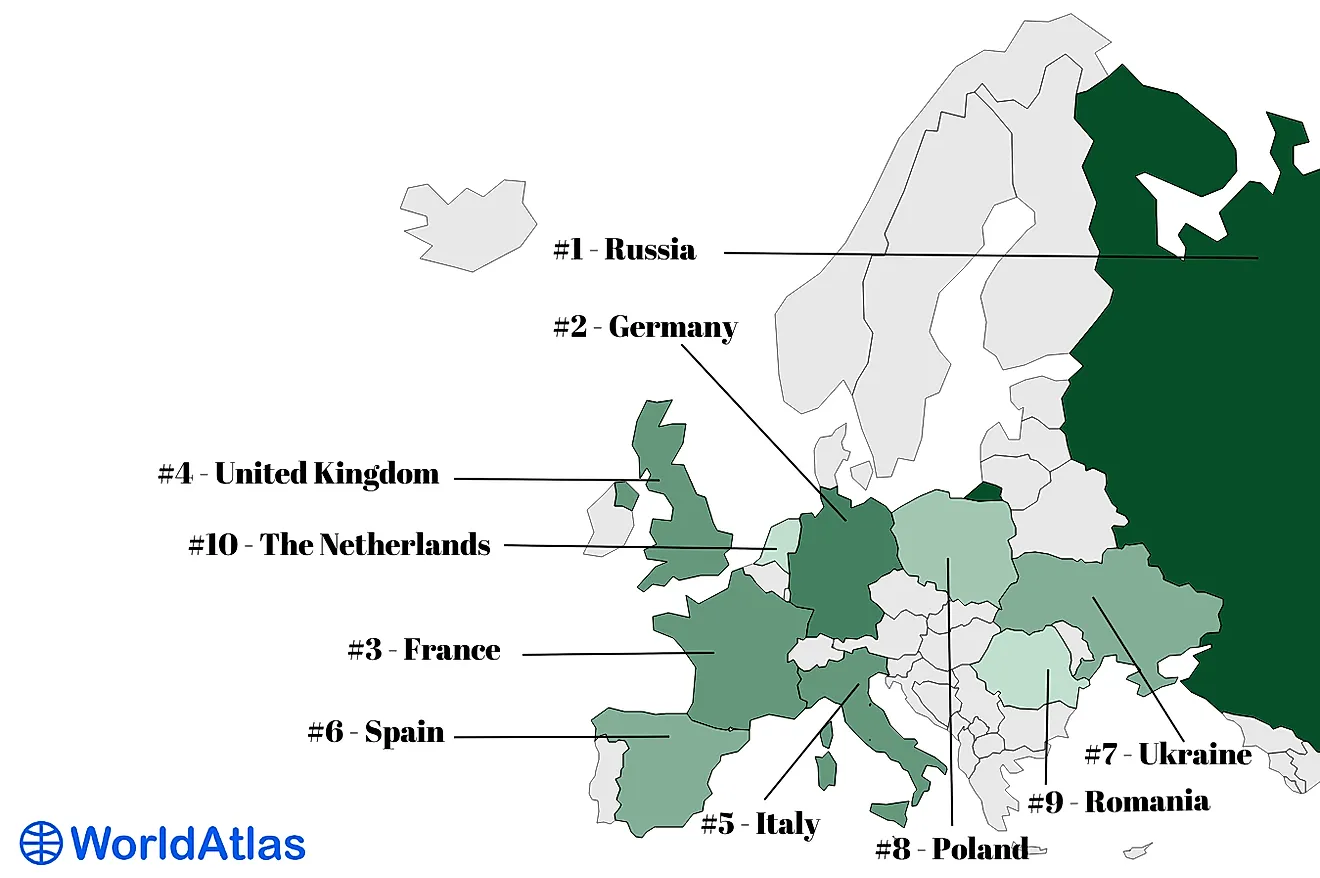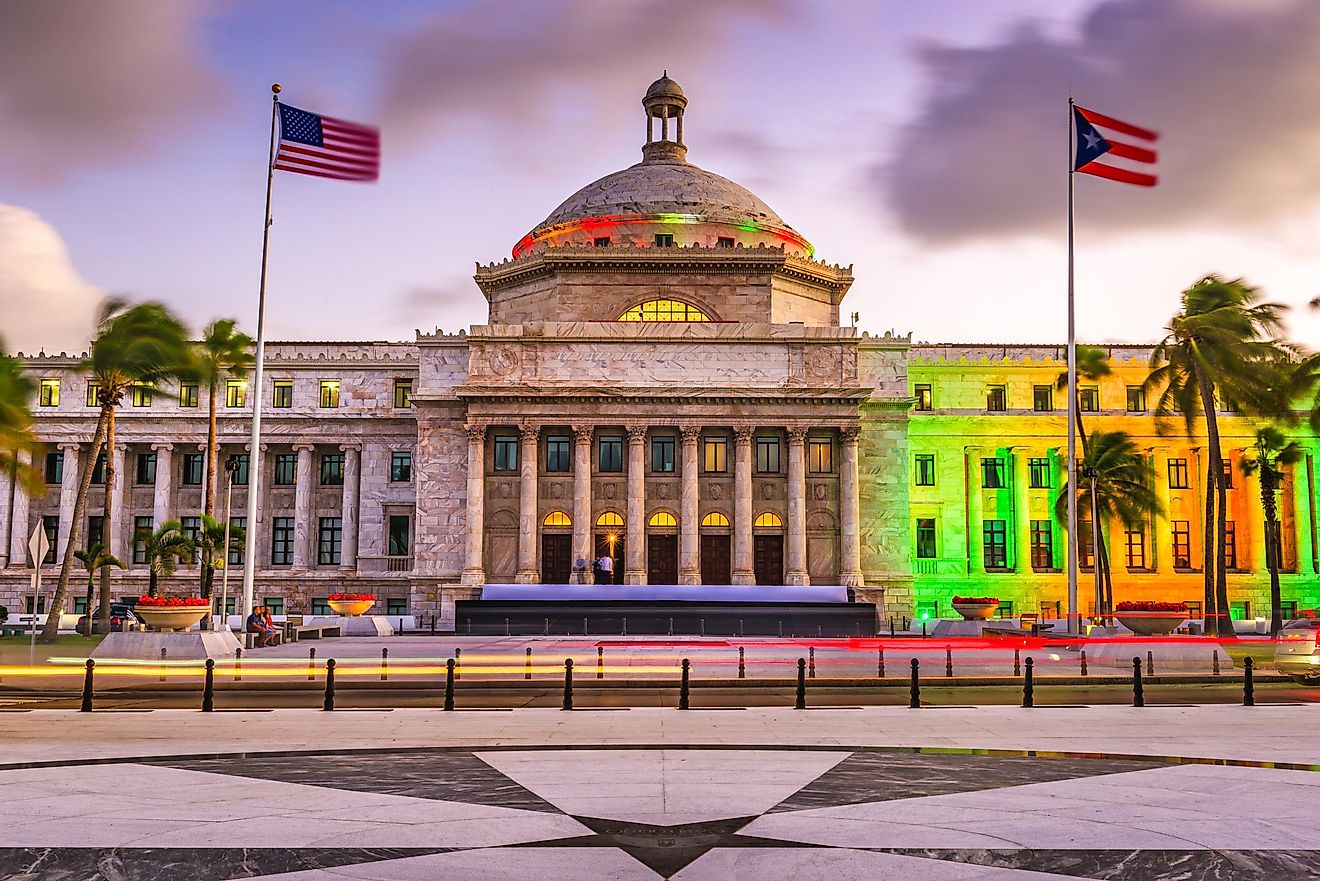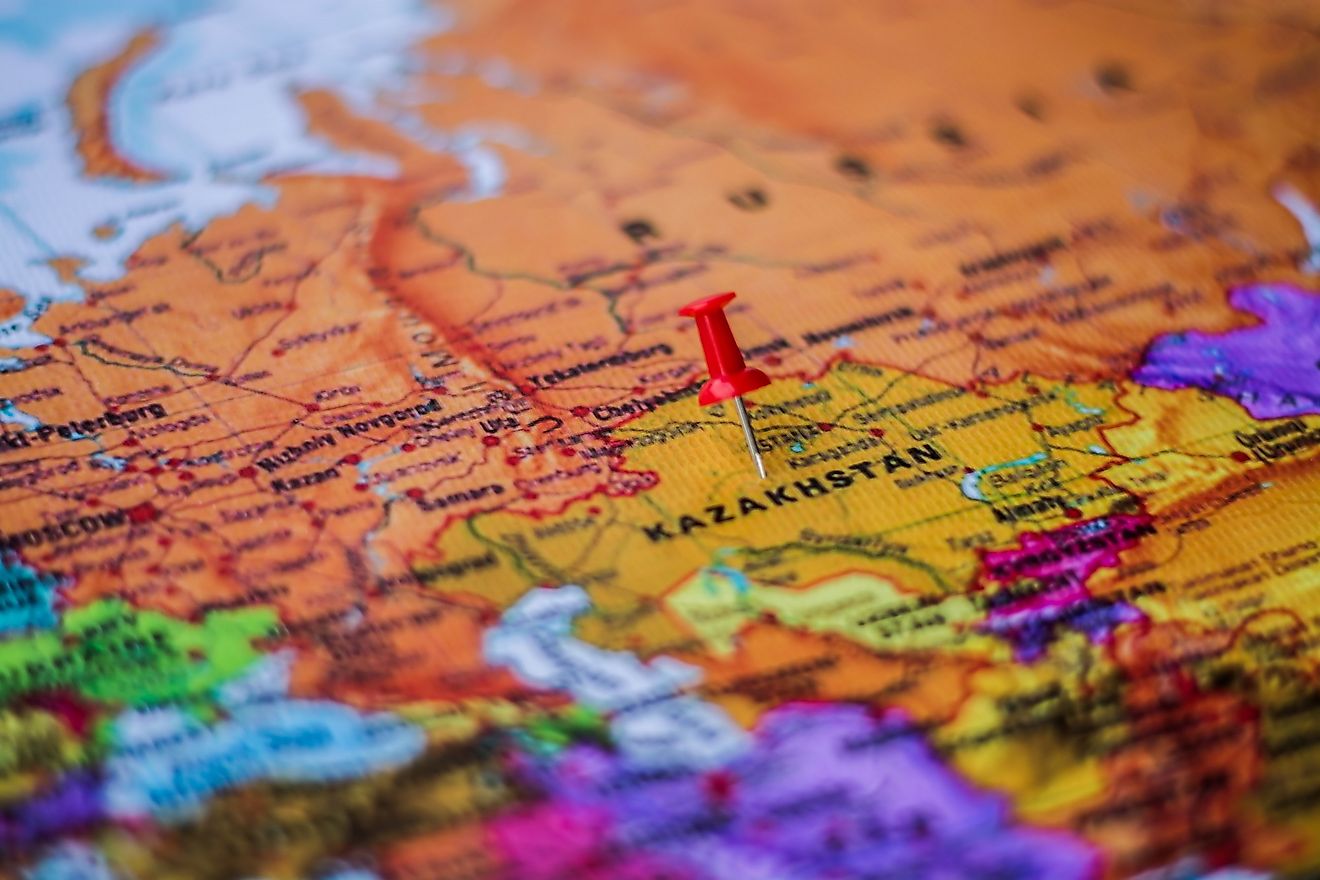What Is A Regime?
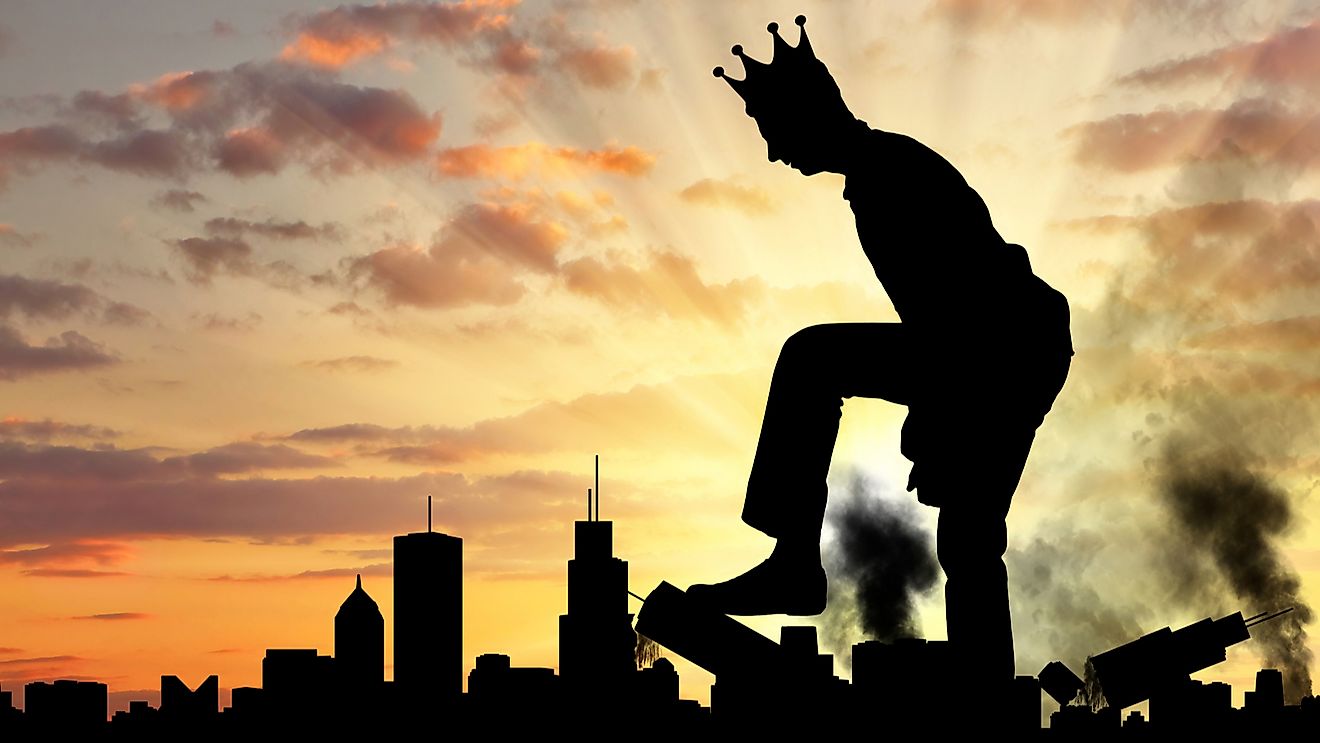
More often, the word “regime” is used by the press to refer to a political activity associated with a person in power like a president or king. However, whenever the term is used, it attracts negative review as it is most often associated with authoritarian states or government. Many people have also confused a regime with culture, society, or even state. All these fit within the idea of a regime but do not define what it is. This article focuses on the definition and application of the term “regime.”
Definition
A regime can be defined as an institution or form of government with well-defined geographic limits that have a clear set of rules that govern its operation and interactions within the society. It can also be defined as the way of life in society including its moral taste, the spirit of laws, and the form of government. The concept of the regime is always preceded by a spatial adjective such as urban, national or international, which often refers to the region under which it has jurisdiction. The emphasis of a regime is on the rules, norms, decision-making procedures, and principles around which the government or society is institutionalized. Politics takes place within a regime and most of the time it is the regime that shapes the political activities of a given country or institution.
Modern Usage
While the word “regime” can be used to refer to any type of government and sometimes a system of governance, the term has been given a negative connotation and is always associated with dictatorship or authoritarian government. Thus, a regime suggests that the government in place is undemocratic, repressive, corrupt, unrepresentative, and aggressive towards its own people. The term has been used to refer to some of the present and past governments such as Libya and Iraq before the US implemented the “regime change.” Cuba, North Korea, and China are also considered to be having regimes. According to most media outlets in the US, a government is considered a “regime” if it does not follow the dictates of the US or they cooperate with other empires that are opposed to the US. Thus, “regime change” refers to the removal of the “illegitimate” government by external forces and replacing it with a new government that promotes the interest of the forces.
Non-political Usage
The term is not only restricted to political usage but can also be used in other areas of interactions. In international relations and global studies, “regime” is used to refer to international regulatory bodies such as the International Labor Organization or the European Environment Agency that are not controlled or regulated by the national government. They have different sets of resources from the national government and their role is either to constrain or empower individual nation-states.








